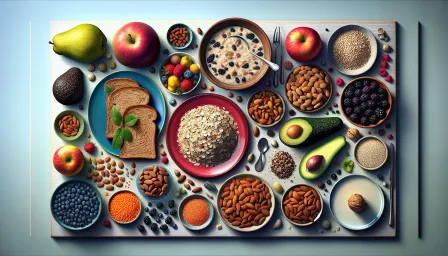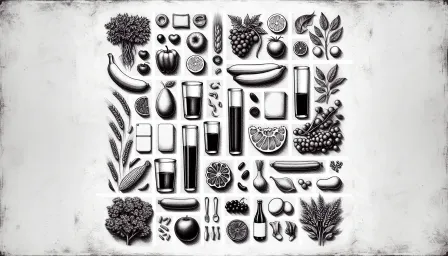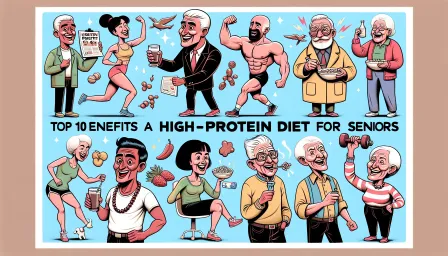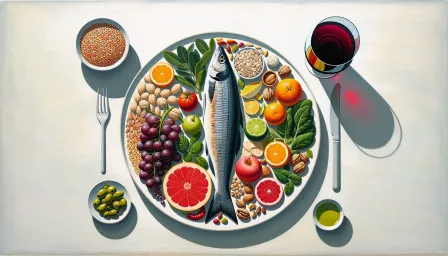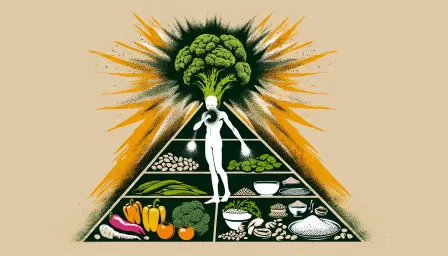Effective Sugar Reduction Diet: Tips and Tricks for a Healthier You
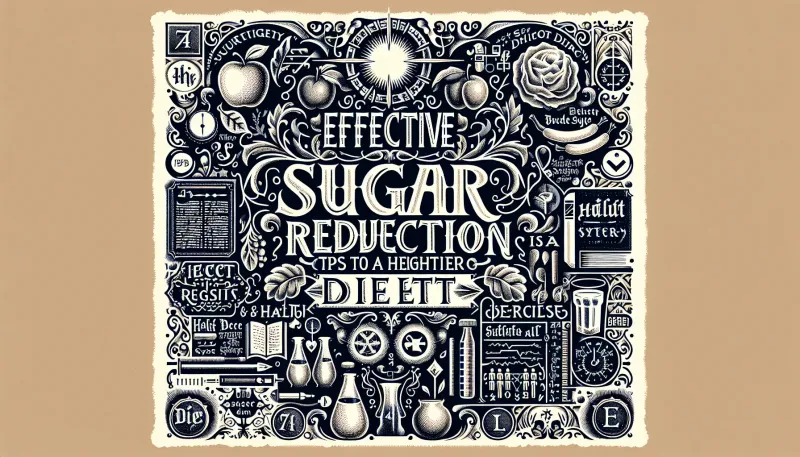
Learn effective tips and tricks for a sugar reduction diet to enhance your health. Discover practical solutions to reduce your sugar intake today.
In today's health-conscious society, reducing sugar intake has become a priority for many. A sugar reduction diet not only aids in weight management but also helps in preventing illnesses such as diabetes and heart disease. This article will guide you through the essentials of a sugar reduction diet, providing effective tips and tricks to help you achieve a healthier lifestyle.
Why Reduce Sugar Intake?
Excessive sugar consumption is linked to numerous health issues, including obesity, type 2 diabetes, and cardiovascular disease. Moreover, high sugar intake can lead to increased cravings, mood swings, and energy crashes. By adopting a sugar reduction diet, you can improve your overall health, stabilize your energy levels, and reduce your risk of chronic diseases.
Understanding Different Types of Sugar
Natural Sugars vs. Added Sugars
Natural sugars are found in whole foods, such as fruits and vegetables. These sugars come with essential nutrients and fiber, which slow down their absorption and mitigate their negative effects. Added sugars, on the other hand, are found in processed foods and drinks, contributing empty calories and leading to rapid spikes in blood glucose levels.
Common Sources of Added Sugars
Common sources of added sugars include sugary drinks, candies, baked goods, sauces, and cereals. It's important to read nutrition labels carefully to identify and avoid these hidden sugars in your diet.
Practical Tips for Reducing Sugar Intake
1. Read Food Labels
Learning to read food labels is crucial in a sugar reduction diet. Look for terms such as sucrose, high-fructose corn syrup, maltose, dextrose, and anything ending with "-ose". These ingredients are all forms of added sugar.
2. Choose Whole Foods
Opt for whole, unprocessed foods as much as possible. Fresh fruits, vegetables, lean proteins, and whole grains should be staples in your diet. These foods are not only nutritious but also free of added sugars.
3. Limit Sugary Beverages
Sugary drinks are one of the largest sources of added sugars. Replace sodas, energy drinks, and sweetened coffees with water, herbal teas, or unsweetened beverages. Gradually reduce the sugar in your coffee or tea to adjust your palate.
4. Make Savory Snacks
Instead of reaching for sugary snacks, choose savory alternatives. Nuts, seeds, cheese, and whole grain crackers make excellent low-sugar snack options that keep you full longer.
5. Cook at Home
Cooking at home allows you to control the ingredients in your meals. Experiment with natural sweeteners like honey or maple syrup, using them sparingly. You can also use spices such as cinnamon or vanilla to add flavor without sugar.
6. Manage Cravings
Cravings can be a significant obstacle in a sugar reduction diet. Keep healthy snacks on hand to avoid reaching for sugary treats. Often, cravings can be a sign of dehydration, so make sure you drink plenty of water throughout the day.
Long-Term Strategies for Success
Track Your Progress
Keeping a food diary can help you stay accountable and identify patterns in your eating habits. Use apps or journals to track your daily sugar intake and adjust accordingly.
Find Support Systems
Joining a community or group focused on healthy eating can provide motivation and support. Sharing your journey can help you stay committed to your sugar reduction diet.
Be Patient and Persistent
Reducing sugar intake is a gradual process. It's essential to be patient and persistent. Celebrate small victories along the way and remember that consistency is key to long-term success.
Conclusion
Adopting a sugar reduction diet is a powerful step towards improving your health and well-being. By understanding the negative effects of added sugars and implementing practical strategies, you can make lasting changes to your diet. Remember to be patient with yourself and seek support when needed. Your journey to a healthier you starts with a single step—reduce your sugar intake today.




